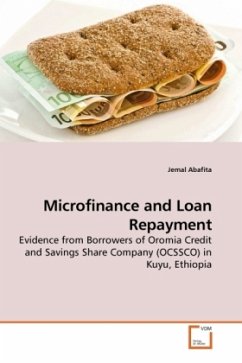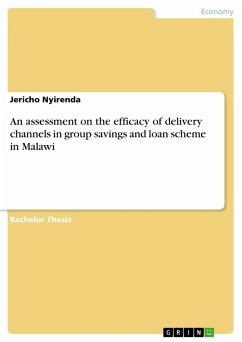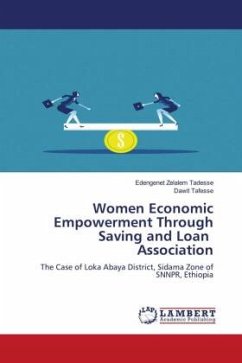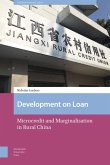This work focuses on analysis of factors that influence microfinance loan repayment, loan rationing mechanism and also of the impact of the microfinance on the livelihood of borrowers, using survey data. The major concern of the book is on loan repayment and rationing mechanism. The book is an important contribution in terms of gaining a thorough understanding of issues like loan default problems, rationing mechanisms and the overall working of group-lending schemes in Ethiopia with specific reference to the case of Oromia Credit and Savings Sh. Co. Microfinance practitioners, financial intermediaries, policy makers etc would find it helpful in terms of designing a better lending strategy in the provision of microfinance credit to the poor.
Bitte wählen Sie Ihr Anliegen aus.
Rechnungen
Retourenschein anfordern
Bestellstatus
Storno








